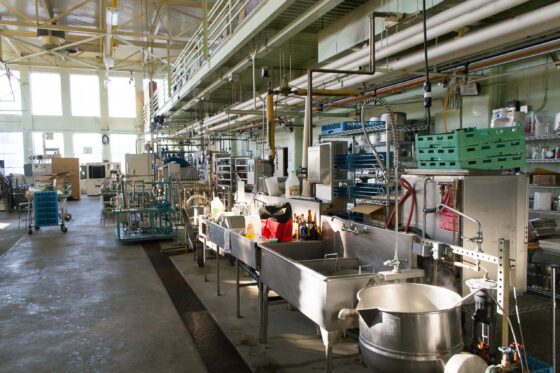Food Tech: Innovations in Food Processing and Production

About Course
Are you fascinated by how science and technology are revolutionizing the food we eat? Food Tech: Innovations in Food Processing and Production is an exciting journey into the cutting-edge advancements that are reshaping the global food industry. From non-thermal pasteurization to 3D food printing, this course explores the dynamic intersection of engineering, sustainability, and gastronomy. Whether it’s high-tech farming methods, smart packaging, or AI-powered delivery systems, you’ll discover how innovation is transforming food from farm to fork.
This course offers a comprehensive look at how technology is being used to improve food safety, enhance nutrition, reduce waste, and create new culinary experiences. Real-world case studies will introduce you to startups and industry leaders pushing the boundaries of what’s possible in food production. If you’re a curious learner, aspiring entrepreneur, or someone passionate about sustainability and innovation, this course will inspire you to think differently about food.
Course Content
Introduction
Definition of food tech and its significance in the food industry
00:00Overview of the topics to be covered in the eBook
00:00